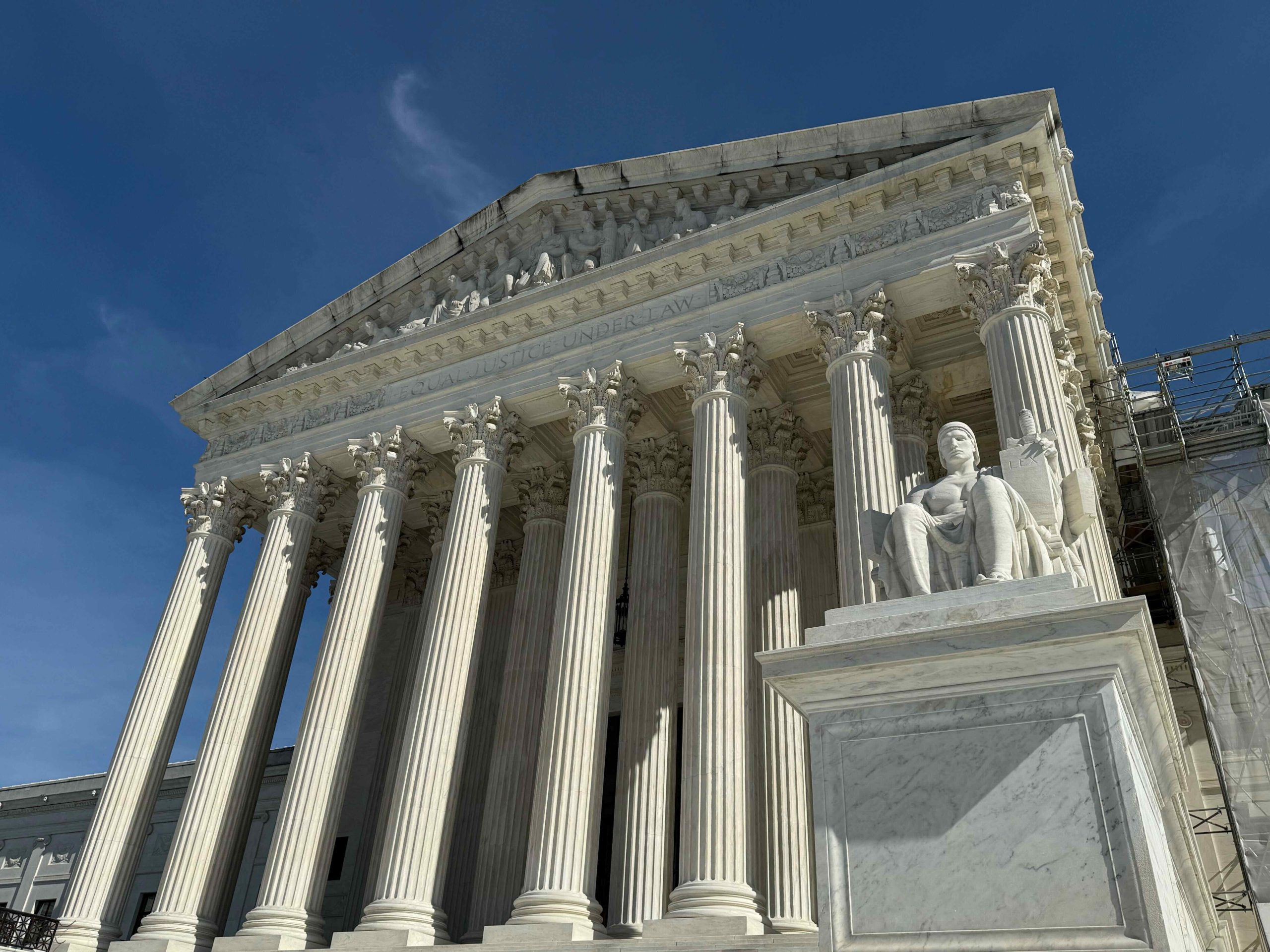Trump asks justices for pause in four cases to reconsider Biden policies


The Trump administration on Friday asked the Supreme Court to pause the briefing in four cases slated for argument during the 2024-25 term. In filings by Acting Solicitor General Sarah Harris, the government told the justices that, with the change in administrations from former President Joe Biden to President Donald Trump, government officials had determined that federal agencies in each case – the Environmental Protection Agency and the Department of Education – should take another look at the regulations, agency determinations, or actions at the center of the dispute.
The solicitor general is the government’s top lawyer in the Supreme Court, sometimes referred to as the “tenth justice” because of respect that the court has for the lawyers in the solicitor general’s office and the respect that the justices give to that office. Perhaps because of that role, there has generally been a longstanding tradition that, even after a change from a Democratic administration to a Republican one or vice versa, the federal government maintains the same legal position in cases already before the court on the merits. However, in recent years, solicitors general in both the first Trump administration and the Biden administration departed from that practice, reversing course in several cases before the court.
Harris, a former clerk to Justice Clarence Thomas who is serving as the acting solicitor general until D. John Sauer, Trump’s permanent pick for solicitor general, is confirmed, filed motions on Friday to put the briefing schedule on hold in four cases.
In Department of Education v. Career Colleges and Schools of Texas, the court agreed to review a ruling by the U.S. Court of Appeals for the 5th Circuit that suspended the implementation of a rule intended to streamline the process for reviewing requests for student loan forgiveness from borrowers whose schools defrauded them or were shut down.
Harris wrote on Friday that, since the change in the administration, the Department of Education plans to “reassess the basis for and soundness of the Department’s borrower-defense regulations.” The challenger in the case, a group of for-profit colleges, consents to the request to put the briefing schedule on hold.
In Diamond Alternative Energy v. Environmental Protection Agency, the justices agreed to decide whether fuel producers have a legal right to challenge the EPA’s grant to California of a waiver that allows the state to set standards to limit greenhouse-gas emissions and require all passenger vehicles sold in the state to be zero-emissions vehicles by 2035.
Harris told the justices that the EPA plans to take another look at its 2022 decision to reinstate that waiver. “Such a reassessment,” she explained, “could obviate the need for this Court to determine whether” the fuel producers have a legal right to sue, known as standing, “to challenge that decision.” The fuel producers oppose the government’s request and plan to file a response, Harris indicated.
In Oklahoma v. Environmental Protection Agency, the justices agreed to decide whether the EPA’s denial of states’ plans to implement national air quality standards under the Clean Air Act’s “good neighbor” provision can only be brought in the D.C. Circuit.
As in the Diamond Alternative Energy case, Harris indicated that the EPA will reconsider the decision that gave rise to the dispute. Similarly, she reasoned, as a result of that reassessment, the court may no longer need to decide where challenges to the EPA’s action may be filed. The challengers in the case have said that they intend to oppose the EPA’s request to put the case on hold.
And in Environmental Protection Agency v. Calumet Shreveport Refining, the justices had agreed to consider whether challenges by a group of small oil refineries to the EPA’s denial of their requests for exemptions from the requirements imposed by the Clean Air Act’s Renewable Fuel Standards program must be litigated in the D.C. Circuit.
Harris told the court that the EPA planned to take another look at the “basis for and soundness of” the underlying denial actions. The oil refineries, she said, plan to oppose the government’s request.
None of the four cases that the government seeks to put on hold have been scheduled for oral arguments.
This article was originally published at Howe on the Court.
Posted in Merits Cases
Cases: Oklahoma v. Environmental Protection Agency, Environmental Protection Agency v. Calumet Shreveport Refining, LLC, Department of Education v. Career Colleges and Schools of Texas, Diamond Alternative Energy LLC v. Environmental Protection Agency